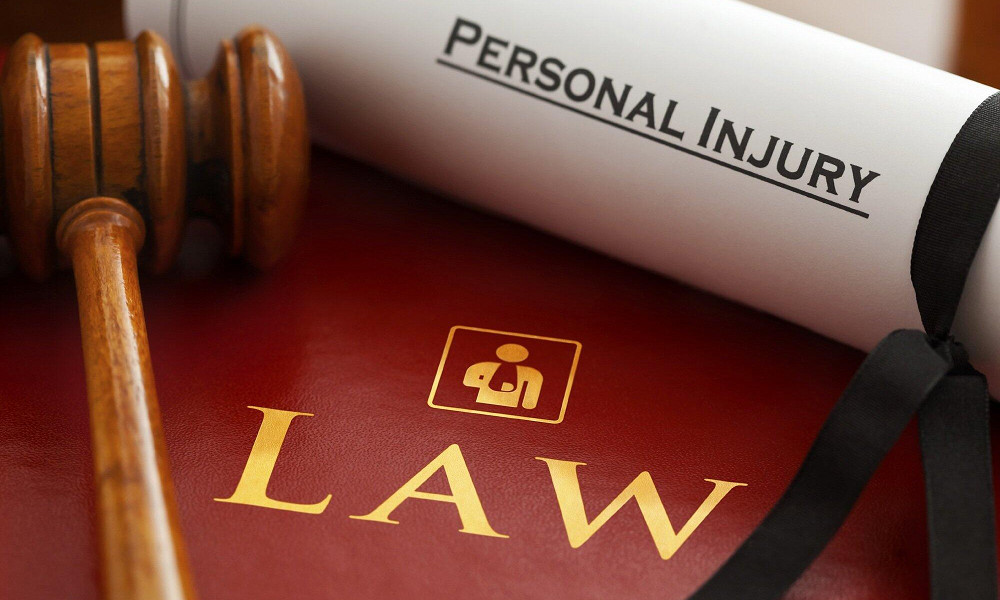Reviews
Top Factors Affecting Personal Injury Claim Success

On the journey to getting the money you deserve after an injury, many things can change how your case turns out. The law can be hard to understand, and it can feel scary to face big insurance companies. Winning your case isn’t about having a good reason; it’s about showing the right proof and using smart strategies.
Knowing what to do can help you get the fair compensation you need. Want to learn more? Keep reading for the full article!
Understanding the Type of Injury
The severity of your injury is key to how much you can get from a personal injury claim. Serious injuries, like brain or spinal cord damage, often lead to higher payouts than minor ones. To back up your claim, having medical records, personal stories, and expert opinions can help make your case stronger.
The Importance of Evidence
Evidence is essential in any personal injury case. It helps show who handled the accident and how serious your injuries are. Important types of evidence include medical records, police reports, and accident photos.
To strengthen your claim, gather this evidence quickly. Medical records can prove your injuries, while police reports explain the details of the accident. Expert opinions also help explain complex parts of your case.
Legal Representation Matters
Having a lawyer for your personal injury claim can make a big difference in the outcome. They know the legal process and how to deal with insurance companies, giving you the best chance at success. Without a lawyer, you might miss important details or settle for less than you deserve.
Negotiation Skills
Insurance companies often try to pay you as little as possible, using different tricks to challenge your claim. Having a strong strategy during negotiations is key, and a lawyer can help by setting a fair compensation range based on your costs and losses. With a solid case, your lawyer can push back on low offers and delays, encouraging the insurer to settle fairly without dragging things out.
State Laws and Timeframes
Understanding the law’s governing personal injury claims in your state is another vital factor. Statutes of limitations vary by state, meaning there’s a time limit within which you must file your claim. For instance, if you’re located in Long Beach, California, this limit is typically two years from the date of the incident.
Failing to file within this timeframe could result in you losing your right to pursue compensation. Additionally, some jurisdictions may have specific rules regarding liability or compensation caps, so familiarizing yourself with the local laws can empower your claims process.
If your legal challenge relates to accusations of criminal conduct rather than a personal injury, consulting professionals who offer criminal defense services in League City can ensure you understand your rights and possible outcomes under local criminal statutes.
The Role of Emotional and Psychological Factors
Finally, the psychological factors and emotional impact of an injury shouldn’t be overlooked. Injuries often have lasting effects on mental health, which can be factored into your claim. Documentation of emotional distress can be equally as valuable as physical evidence, helping to illustrate the full extent of your suffering to the court or insurance company. Testimonials from mental health professionals or journals detailing your feelings post-accident can add depth to your personal injury claim.
Wrapping It Up: Maximize Your Personal Injury Claim Success
To win your personal injury claim, focus on gathering strong evidence, having the right lawyer, and understanding your state’s laws. Your emotional well-being and the way you negotiate it matter too. Start now by talking to a personal injury attorney who can help you protect your rights and build a strong case.

-

 US News6 days ago
US News6 days agoJetBlue flight diverts to Tampa after altitude drop injures at least 15
-

 Breaking News14 hours ago
Breaking News14 hours agoAt least 3 dead, 11 injured after UPS cargo plane crashes near Louisville airport
-

 World1 week ago
World1 week agoU.S. Navy helicopter and fighter jet crash in South China Sea; all crew rescued
-

 World3 days ago
World3 days agoStrong 6.3 earthquake strikes northern Afghanistan; felt across Pakistan
-

 World3 days ago
World3 days agoProtesters storm government building in Mexico after killing of local mayor
-

 World4 days ago
World4 days ago10 people stabbed on train in Huntingdon, England
-

 US News6 days ago
US News6 days agoTrump says U.S. will resume nuclear weapons testing ‘on an equal basis’
-

 US News1 week ago
US News1 week agoDamage reported in Kilgore, Texas following tornado warning




